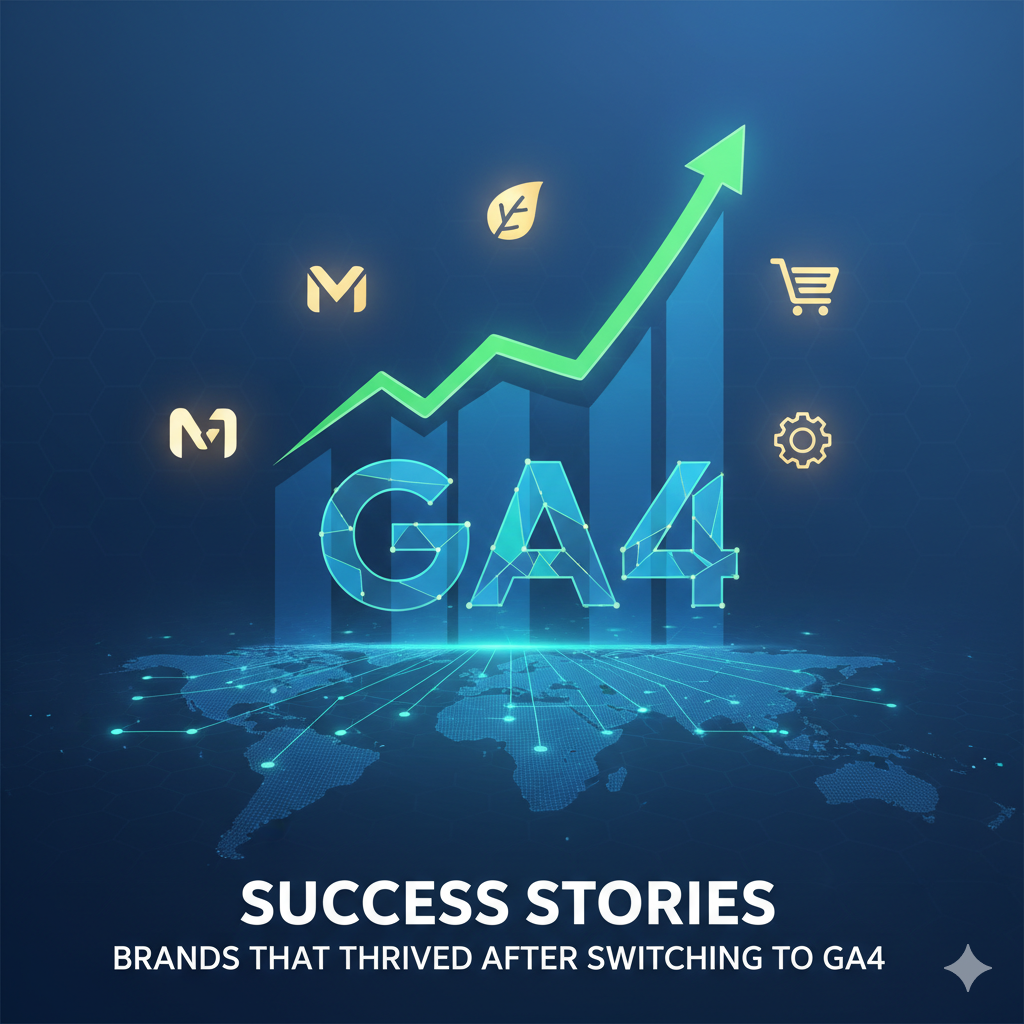In today’s fast-paced digital landscape, technology is redefining the way businesses connect with consumers. At the forefront of this transformation is artificial intelligence (AI), which is revolutionizing marketing strategies and practices. From predictive analytics to personalized content, AI is not just a tool; it’s a game-changer that is shaping the future of advertising.
The Rise of AI in Marketing
The integration of AI into marketing strategies has seen a meteoric rise. The global AI market is projected to reach $190 billion by 2025, with marketing being one of the primary sectors driving this growth. Businesses are increasingly leaning on AI to analyze data, automate processes, and enhance customer experiences. This shift not only increases efficiency but also allows marketing teams to focus on creative and strategic endeavors.
Data-Driven Decision Making
One of the most significant contributions of AI is its ability to process vast amounts of data quickly and accurately. Traditional marketing methods often relied on basic demographic information to tailor campaigns. In contrast, AI can analyze consumer behavior, preferences, and trends in real-time, allowing businesses to make data-driven decisions.
Predictive Analytics
Predictive analytics, powered by AI, enables marketers to forecast future trends and consumer behaviors. This functionality helps brands to identify potential leads, optimize their advertising strategies, and improve ROI. For instance, companies like Amazon use predictive algorithms to recommend products based on a user’s previous purchases, effectively increasing sales through personalized marketing.
Personalization at Scale
Consumers today expect personalized experiences. AI allows marketers to deliver tailored content, products, and advertisements on a large scale. Through machine learning algorithms, businesses can segment their audience more precisely and serve relevant ads that resonate with each consumer.
Dynamic Content Creation
AI also plays a crucial role in content creation. Tools like natural language processing (NLP) can generate written content, analyze social media trends, and even create targeted ad copies. This not only reduces the time spent on content generation but also ensures that the content aligns with current audience interests.
Enhancing Customer Engagement
AI-driven chatbots and virtual assistants are revolutionizing how brands engage with consumers. These tools provide instant responses to customer inquiries and assist in navigating shopping platforms, improving customer satisfaction. By collecting and analyzing interaction data, businesses can further refine their engagement strategies.
Voice and Visual Search
With the increased adoption of voice-activated devices and visual search technologies, AI is reshaping the consumer search experience. Marketers must now consider how voice searches and images are evolving the way consumers find products. Optimizing content for these platforms can significantly enhance visibility, lasting customer engagement, and brand loyalty.
Ethical Considerations and Challenges
Despite the advantages of AI in marketing, there are ethical considerations to keep in mind. Issues related to data privacy, algorithmic bias, and transparency must be addressed to maintain consumer trust. Ensuring ethical AI use will be paramount as regulations around data security become increasingly stringent.
The Future of AI in Marketing
As technology continues to evolve, so will AI’s capabilities in marketing. The future may see advancements in hyper-personalization, where brands curate individual experiences at an unprecedented level. Another avenue is the integration of AI into augmented reality (AR) and virtual reality (VR), creating immersive experiences that engage consumers like never before.
Conclusion
AI is not merely enhancing marketing strategies; it’s transforming the entire landscape. Brands that embrace AI-driven technologies will likely lead the charge in the competitive marketing arena, tapping into innovative ways to connect with consumers. As we move forward, the potential of AI in revolutionizing advertising promises a future where businesses understand and cater to their customers better than ever before. With its unprecedented ability to analyze data and personalize experiences, AI is not just shaping the future of marketing—it’s revolutionizing it.









